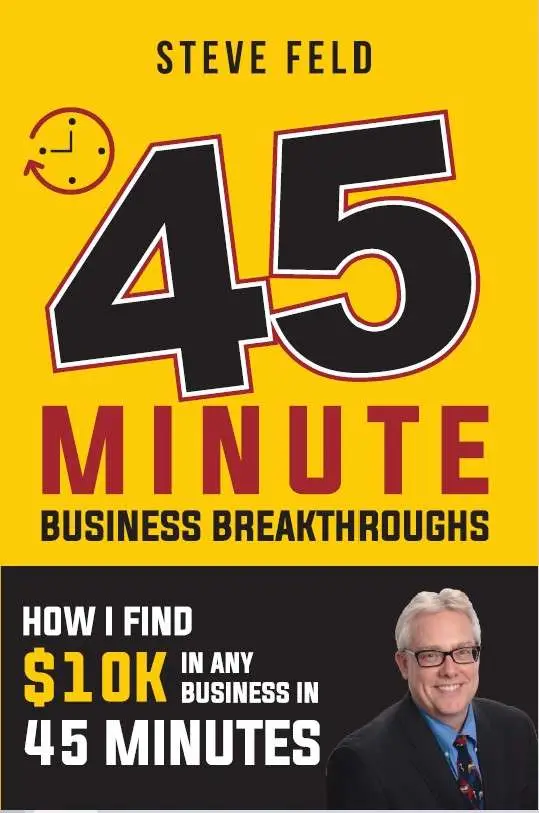Pre-Mastermind Group Meeting
By Steve Feld|2025-11-30T15:29:12-07:00November 30, 2025|Categories: Mastermind|Tags: Business, Coaching, entreprenuer, Growth, Leadership, Mastermind, Owner, strategy, success|
3 Elements of a Successful Coaching Engagement
By Steve Feld|2024-12-28T19:56:19-07:00October 15, 2024|Categories: Business, Coaching, Entrepreneur|Tags: Business, Coaching, entreprenuer, Growth, success|
Difficult Conversations – Use your coaching skills
By Steve Feld|2024-08-11T23:50:46-07:00March 7, 2024|Categories: Business, Coaching|Tags: Business, Coaching, Owner|
What did you learn in 2023?
By Steve Feld|2024-08-11T23:44:05-07:00December 28, 2023|Categories: Business, Leadership|Tags: Business, Coaching, Growth, Leadership, Owner|
11 Simple Ways to Develop a Daily Discipline
By Steve Feld|2023-04-17T03:12:48-07:00April 20, 2023|Categories: Business, Coaching, Entrepreneur, Leadership|Tags: Business, Coaching, entreprenuer, Growth, Leadership, Owner, success|
Money-Leverage!
By Steve Feld|2023-03-08T00:07:42-07:00March 23, 2023|Categories: Business, Coaching, Entrepreneur, Leadership, Sales|Tags: Business, Change, Coaching, entreprenuer, Growth, Leadership, Owner, sales, Start up, success|
Manage Yourself
By Steve Feld|2023-03-08T20:48:20-07:00February 16, 2023|Categories: Business, Coaching, Entrepreneur, Leadership|Tags: Business, Coaching, entreprenuer, Leadership, Owner|







